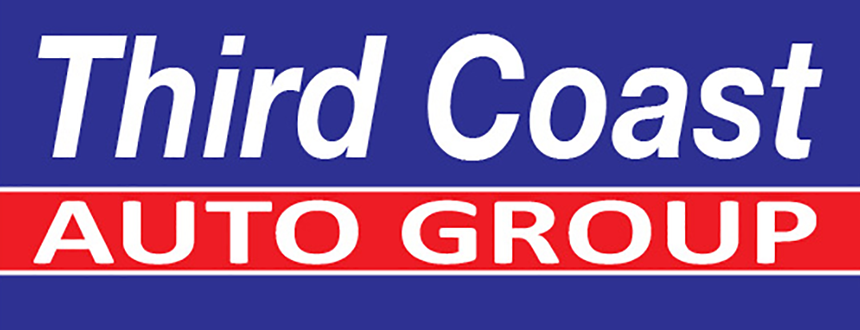Third Coast Auto Group Official Blog
How to Tell When You Need to Get Your Brakes Replaced
By Product Expert | Posted in Tips and Tricks on Monday, August 31st, 2020 at 2:32 pm
Our vehicles have many parts that help it run smoothly and efficiently. These parts need to be changed, fixed, or flushed regularly to ensure that they work properly. One of the most important parts to get changed regularly is the brakes. If these get worn down or broken, it can lead to more problems and is a safety concern. In this post, we will be teaching you how to tell when you need to get your brakes replaced.
You might also like: What Emergency Items Should You Keep in Your Car?
5 Most Common Signs You Need New Brakes

- Squeaking or squealing sounds. This is the first and most common sign your brake pads need to be changed. This sound could indicate that the brake pads have gotten too thin. You may also hear this sound when it is raining.
- The warning light turns on. This sign is the easiest one to detect. Your car will have a sensor on the brakes that will trigger the warning when the pads get worn down and need to be changed.
- Deep grinding metal sound. If you hear this sound, it’s a sign that you need to get your brakes replaced immediately. This sound indicates that the brake pad has worn down so much that there are metal parts grinding against another metal part.
- Vibrating feeling when braking. If it is difficult to brake or the pedal feels like it is vibrating when you press down your brake pads have worn down. Get your vehicles checked as soon as possible to avoid more problems.
- Brake pads are less than a quarter-inch thick. While listening to your vehicle is a way to find problems while driving, checking your vehicle before you leave is the best solution. If you look at your brake pads and they appear to be less than a quarter-inch thick, it’s time to get new ones.
Read more: Four common reasons your car is making a knocking sound
Learn More Maintenance Tips and Tricks
If you’re interested in learning more tips and tricks for maintaining your vehicle, browse the Third Coast Auto Group blog to read more blogs like this one.


